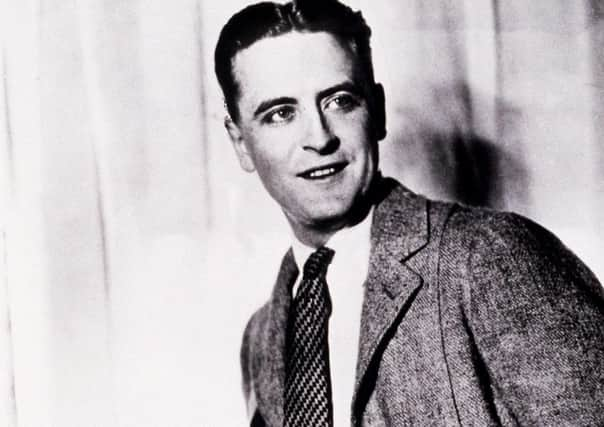Book review: I'd Die For You and Other Lost Stories, by F Scott Fitzgerald


Scott Fitzgerald’s star shone brightly when he was still young. His early novels and stories captured the spirit of The Jazz Age, and the best of the stories still sparkle. “May-Day” is wonderful, and, The Great Gatsby, is, with his friend-and-rival Hemingway’s The Sun Also Rises, the quintessential American novel of the Twenties. Fitzgerald and his wife Zelda were a glamorous couple, the like of no authors today. They partied and drank, featured in gossip columns, and magazine editors competed to pay huge prices for Scott’s stories of young love.
Then America broke. The Wall Street Crash of 1929 was followed by the Depression. The mood turned sour. Fitzgerald himself all but broke too. His sort of stories were no longer wanted. Happy drinking became alcoholism. He suffered what he would call a “crack-up”, described later in magazine articles that damaged his reputation. Worse, Zelda had a breakdown, diagnosed, perhaps wrongly, as schizophrenia. She was in and out of hospitals, and eventually in but not out. There was a long gap between Gatsby and his next novel Tender Is The Night, and when it was published in 1934, it flopped. A novel about rich Americans on the French Riviera was out of tune with the times. He thought it his best novel (so do I) ; even so he was never satisfied with it. He revised it, shifting and simplifying the time-scale, but the first version is the better.
Advertisement
Hide AdLife had become a struggle. He was short of money, forever seeking loans or advances from his patient agent and publishers. Zelda’s hospital fees were high, and he had a daughter to educate. Periods on the wagon alternated with drinking bouts in which he usually made a fool of himself. Attempts to establish himself as a scriptwriter in Hollywood consumed time and energy and brought little reward. He had been a star but now he was a has-been: “poor Scott”. He died of a heart-attack in 1940, leaving an unfinished novel about Hollywood, The Last Tycoon.
Throughout, he kept working. The stories collected here were mostly unpublished, mostly written in the Thirties, though there are a couple of early ones. Several were indeed accepted by magazines, though the editors often demanded substantial cuts, which he made, obediently if reluctantly; but then languished unused. All are readable. None is a lost masterpiece. Nevertheless, anyone who loves Fitzgerald’s work will want to have this book.
Fitzgerald always reads easily, so easily that you might think the stories were written easily. This book shows that they weren’t. He was a hard and conscientious worker, re-writing first drafts, sometimes several times. He never lost the ability to strike a memorable phrase, write a brief description that fixes the mood of a piece. But he could no longer write the stories of young love that had made him such a commercial success. His view of life was bleaker, and editors didn’t look for this from him.
These stories give you a glimpse into his workshop. He had long had the intention to write a Civil War novel – he was a Southerner on one side of his family, a Northerner on the other. A story here, which exists in two versions – “Thumbs Up” and “Dentist Appointment” – arises from a family memory. The opening in the last weeks of the war is much the same in both, and is excellent; the development in different directions is unsatisfactory in both. Some stories are harsh, even bitter. One which comes close to complete success, “Offside Play”, is a variant on an old theme, the carelessness of the Rich; echoes of “May-Day “ and “The Rich Boy” here.
Fitzgerald and Hemingway are still coupled. Hemingway went on of course to win the Nobel, but his talent all but died on him, though even in his weakest work such as Across the River and into the Trees there are marvellous passages. Fitzgerald died aged only 45, but this collection conforms the impression made by The Last Tycoon that the flame of his talent never died down, did indeed do much more than continue to flicker.
F Scott Fitzgerald: I’d Die For You and Other Lost Stories is published by Scribner, £16.99